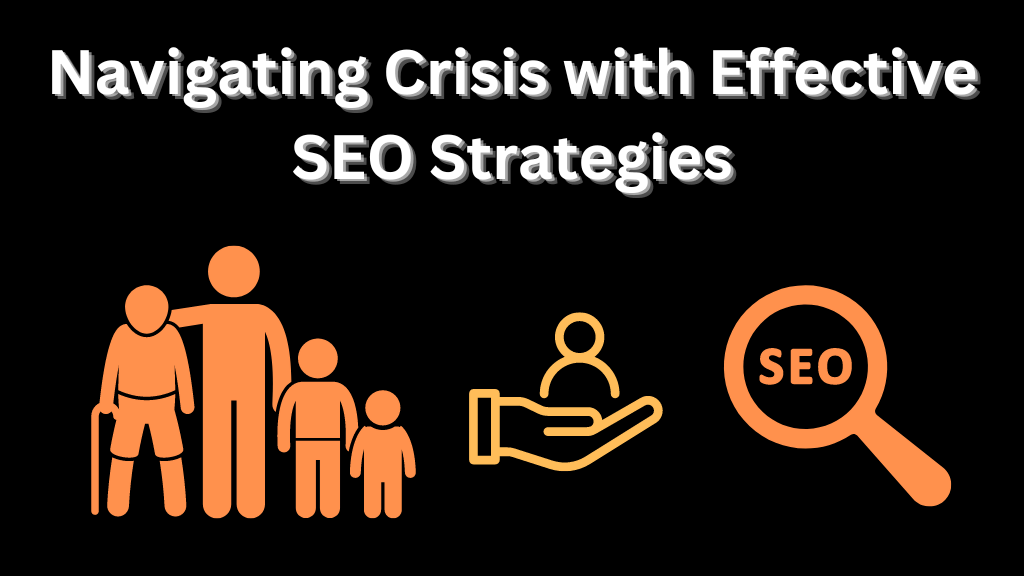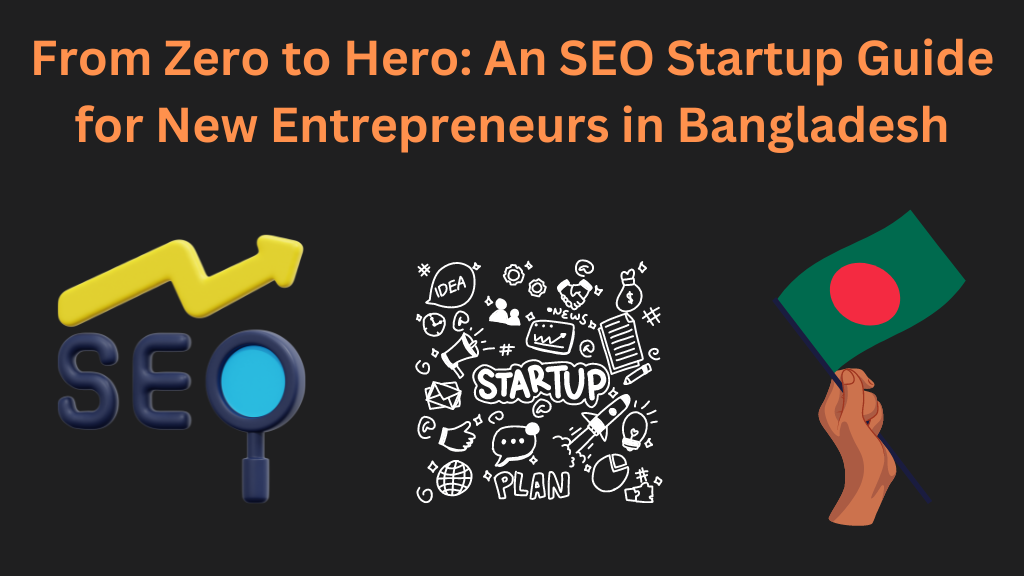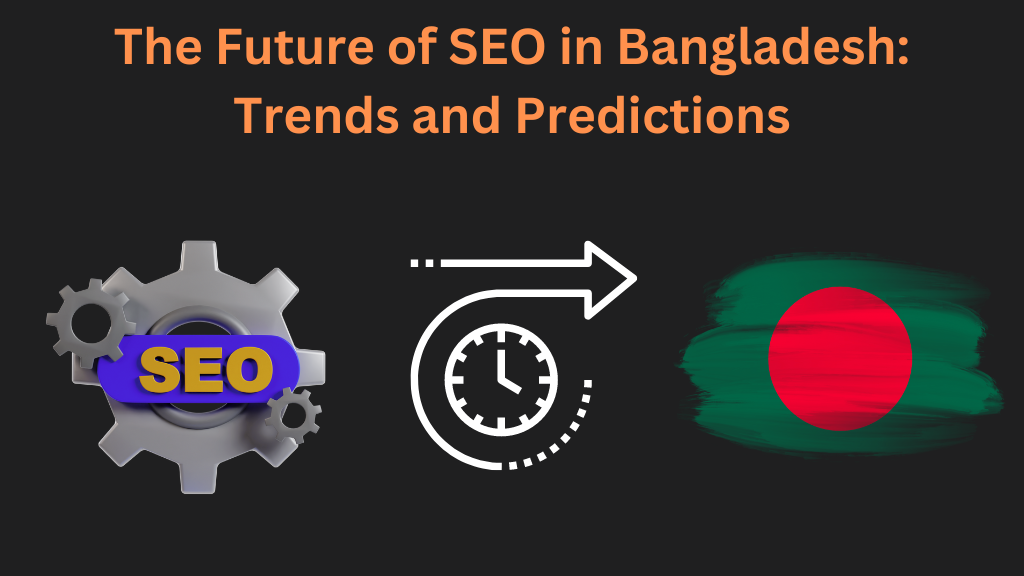Stuck in the marketing stone age, struggling to reach the elusive Millennial and Gen Z crowd? You’re not alone. These digital natives demand authenticity, personalization, and experiences that resonate. But fear not, marketing mavericks! This guide cracks the code of modern buyer behavior, unveiling the secret weapon: SEO optimized for these savvy generations. Buckle up, because we’re about to show you how to attract them like moths to a flame – with engaging content, social media synergy, and mobile-first optimization. Ready to unlock the future of your customer base? Let’s dive in!

Table of Contents
ToggleMillennials and Gen Z: Decoding the Modern Consumer
Millennials, born between 1981 and 1996, are now entering their peak earning years and represent a significant spending force. Gen Z, born between 1997 and 2012, is rapidly following suit, demonstrating even more tech-savvy behavior and social consciousness. Both generations share key characteristics:
- Digital-first mindset: They spend a large portion of their lives online, using search engines, social media, and mobile devices to discover and research products.
- High expectations for personalization: They crave tailor-made experiences that cater to their individual needs and values.
- Transparency and authenticity: They value brands that are genuine, socially responsible, and committed to positive impact.
- Visual content reigns supreme: They engage more with visually appealing content like videos, images, and infographics.
Ignoring these preferences when crafting marketing strategies is akin to speaking a foreign language to your target audience. Adapting your SEO approach to cater to these modern buyers is no longer optional, it’s essential for survival.
SEO: Your Gateway to Younger Generations
In today’s digital landscape, search engines are the primary starting point for most online journeys. When Millennials and Gen Z seek information, products, or services, they head straight to Google, Bing, or other search engines. This is where SEO comes in. By optimizing your website and content for relevant keywords and search queries, you increase your chances of appearing at the top of search results, right when your target audience is actively looking for solutions.
Here’s why SEO is a game-changer for attracting younger generations:
- Organic visibility builds trust: Appearing organically in search results signifies credibility and relevance, factors highly valued by younger consumers.
- Targeted content attracts engagement: By focusing on keywords and topics relevant to their interests, you create content that resonates with their needs.
- Long-term impact with compounding benefits: Unlike paid advertising, the effects of good SEO build over time, driving consistent organic traffic and engagement.
Creating Content that Speaks to Their Soul
SEO isn’t just about keywords and technical optimization; it’s about crafting content that truly connects with your target audience. To speak to the hearts and minds of Millennials and Gen Z, your content needs to be:
- Visually captivating: Utilize images, videos, infographics, and other visual elements to grab their attention and keep them engaged.
- Authentic and transparent: Showcase your brand’s values, mission, and social impact through storytelling and user-generated content.
- Interactive and personalized: Encourage participation through polls, quizzes, and personalized recommendations based on their interests.
- Mobile-friendly and optimized: Ensure your website and content are optimized for seamless mobile experiences, their preferred browsing platform.
Remember, content is king (or queen!), and by consistently creating valuable and engaging content that resonates with younger generations, you’ll attract them organically and build long-lasting relationships.
Social Media & SEO: A Match Made in Marketing Heaven
Social media isn’t just a fad; it’s an integral part of the lives of Millennials and Gen Z. They use these platforms to discover brands, connect with communities, and express themselves. This presents a unique opportunity to amplify your SEO efforts through social media synergy:
- Promote optimized content: Share your SEO-optimized blog posts, articles, and infographics on social media platforms to increase their visibility and reach.
- Encourage social engagement: Interact with your audience, respond to comments, and run social media campaigns that encourage shares and engagement.
- Leverage social signals: Positive social media mentions, shares, and reviews can indirectly influence search engine algorithms, boosting your organic ranking.
Optimizing for the Mobile-First & Voice-Activated Future
Mobile devices are no longer just an accessory; they’re the primary way younger generations access the internet. Ensure your website is mobile-friendly, with fast loading speeds and easy navigation, to provide a seamless user experience.
Voice search is also rapidly growing, particularly among younger demographics. Optimize your content for relevant voice search queries by incorporating natural language and long-tail keywords. By making your website and content accessible and convenient across various devices and search methods, you cater to their preferred modes of information discovery.
Personalization & User Experience: Your Competitive Advantage
Modern buyers crave personalized experiences that feel tailored to their specific needs and preferences. Here’s how to leverage SEO for personalization:
- Dynamic content based on user data: Personalize website content, product recommendations, and search results based on user demographics, search history, and past interactions.
- Targeted landing pages: Create unique landing pages optimized for specific keywords and buyer personas to deliver highly relevant experiences.
- User-generated content integration: Encourage user reviews, testimonials, and social media mentions to personalize your brand story and build trust.
Remember, personalization is about creating genuine connections, not just manipulating data. By focusing on user intent, individual needs, and delivering personalized experiences, you stand out in a crowded marketplace.
Building Trust & Authenticity: The Cornerstones of Modern Marketing
Millennials and Gen Z are skeptical of inauthentic marketing tactics. To win their trust, prioritize transparency and genuineness:
- Showcase your brand values and purpose: Communicate your commitment to social responsibility, sustainability, and ethical practices.
- Embrace user-generated content: Include genuine reviews, testimonials, and social media mentions to build social proof and trust.
- Be transparent and accountable: Address negative feedback honestly and take steps to improve based on customer insights.
Building trust takes time and effort, but by adhering to ethical SEO practices and fostering authentic connections, you’ll establish a loyal following among these discerning consumers.
Measuring Success & Iterating for Continued Growth
SEO isn’t a one-time effort; it’s an ongoing process that requires continuous monitoring and adaptation. To measure your success and identify areas for improvement, track key performance indicators (KPIs) such as:
- Organic website traffic: Monitor the volume and source of your organic traffic to gauge SEO effectiveness.
- Keyword rankings: Track your ranking for relevant keywords to measure progress and identify optimization opportunities.
- Website engagement metrics: Analyze metrics like bounce rate, time on site, and conversions to understand user behavior and engagement.
- Social media engagement: Monitor social media mentions, shares and followers to measure brand awareness and social impact.
By analyzing these metrics and incorporating data-driven insights, you can continuously iterate and refine your SEO strategy to maximize its impact.
Case Studies & Success Stories: Learning from the Best
Numerous brands have successfully harnessed the power of SEO to attract Millennial and Gen Z clients. Here are a few inspiring examples:
- TOMS: This footwear company focuses on social impact and ethical practices, resonating deeply with younger generations through transparent storytelling and SEO-optimized content.
- Dollar Shave Club: By leveraging humor, authenticity, and mobile-friendly content, they disrupted the shaving industry and attracted a Millennial audience with targeted SEO strategies.
- Lush Cosmetics: Their commitment to sustainability, fresh ingredients, and user-generated content resonates with Gen Z’s values, positioning them as a leader in the natural beauty market through strategic SEO practices.
These examples showcase how brands can tailor their SEO strategies to resonate with specific demographics and achieve remarkable results.
FAQs
How do I know if my SEO strategy is resonating with millennial and Gen Z audiences?
Track relevant KPIs like social media engagement, user-generated content creation, and website traffic from younger demographics. Conduct surveys or polls to gather direct feedback on their preferences and experiences with your brand.
What are some common mistakes to avoid when targeting younger demographics with SEO?
-Generic, inauthentic content
-Ignoring mobile optimization and voice search trends
-Failing to personalize the user experience
-Lack of transparency and social responsibility
-Ignoring user-generated content and social proof
Can SEO alone effectively reach millennial and Gen Z consumers, or should it be combined with other marketing channels?
SEO is a powerful tool, but it’s most effective as part of a holistic marketing strategy. Combine SEO with social media marketing, influencer marketing, content marketing, and other relevant channels to create a cohesive and impactful presence across various platforms.
Are there any specific keywords or topics that are particularly popular among millennial and Gen Z audiences?
Yes, but they’re constantly evolving. Conduct keyword research using tools like Google Trends and social listening platforms to identify popular topics, emerging trends, and language specific to these demographics. Remember, relevance and authenticity are key, so don’t just chase trends blindly.
How can I keep up with the evolving preferences and behaviors of younger demographics?
Stay informed! Engage with industry publications, social media listening tools, and relevant communities to understand the latest trends and preferences shaping younger generations’ decision-making. Be open to experimentation and adapt your strategies based on data and feedback.
Conclusion
The future of marketing belongs to those who embrace innovation, personalization, and authenticity. By leveraging SEO as a strategic tool and adapting your approach to resonate with millennial and Gen Z audiences, you can unlock a world of potential customers and build lasting brand loyalty. Remember, the journey is just as important as the destination. Enjoy the process of continuous learning, experimentation, and improvement, and you’ll be well on your way to attracting the modern buyers who shape today’s market.





